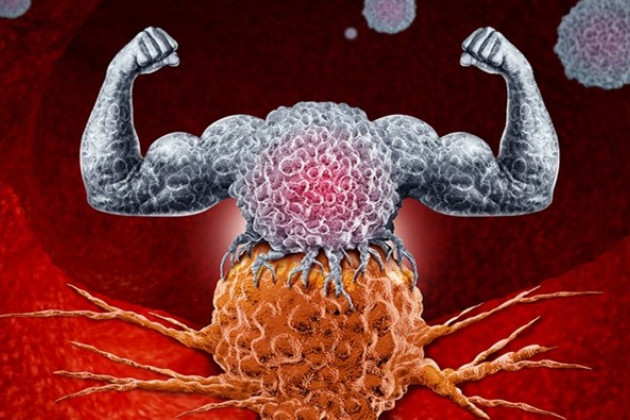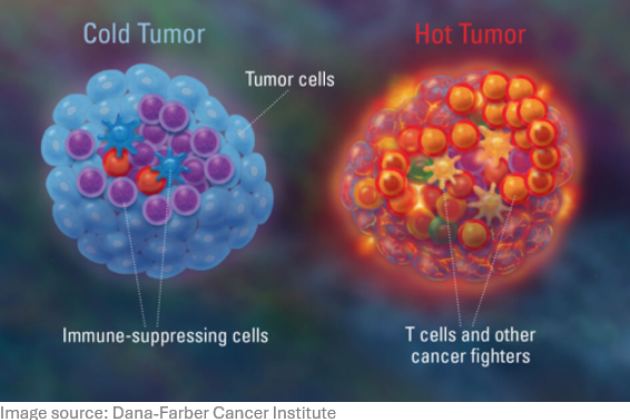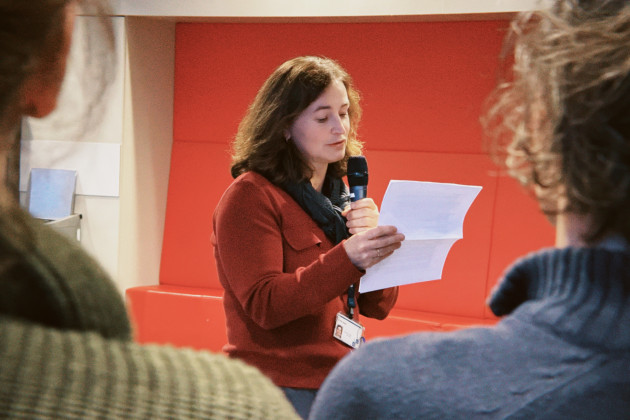Our research is fundamental, yet guided by a translational vision: by understanding these regulatory processes in depth, we aim to generate knowledge that can inform the design of next-generation cancer immunotherapies, improve vaccine responses against infections, and develop new ways to prevent harmful immune activation in autoimmune diseases.
Our research focuses on the molecular language that controls immune cell behavior, particularly the layer of regulation that occurs after genes are transcribed into RNA. While much is known about DNA and transcription, the steps that determine how RNA molecules are processed, modified, and translated into proteins remain less explored. However, they are essential to ensure powerful, yet balanced immune responses. In our group, we study how RNA-binding proteins steer mRNA dynamics (including stability, localization, and translation) to control T cell activation, differentiation, effector function and memory formation. By combining immunology, molecular biology, and advanced bioinformatics, we aim to reveal how post-transcriptional regulatory mechanisms direct adaptive immunity, and how decoding this language could allow us to reprogram immune cells for therapeutic benefit.


